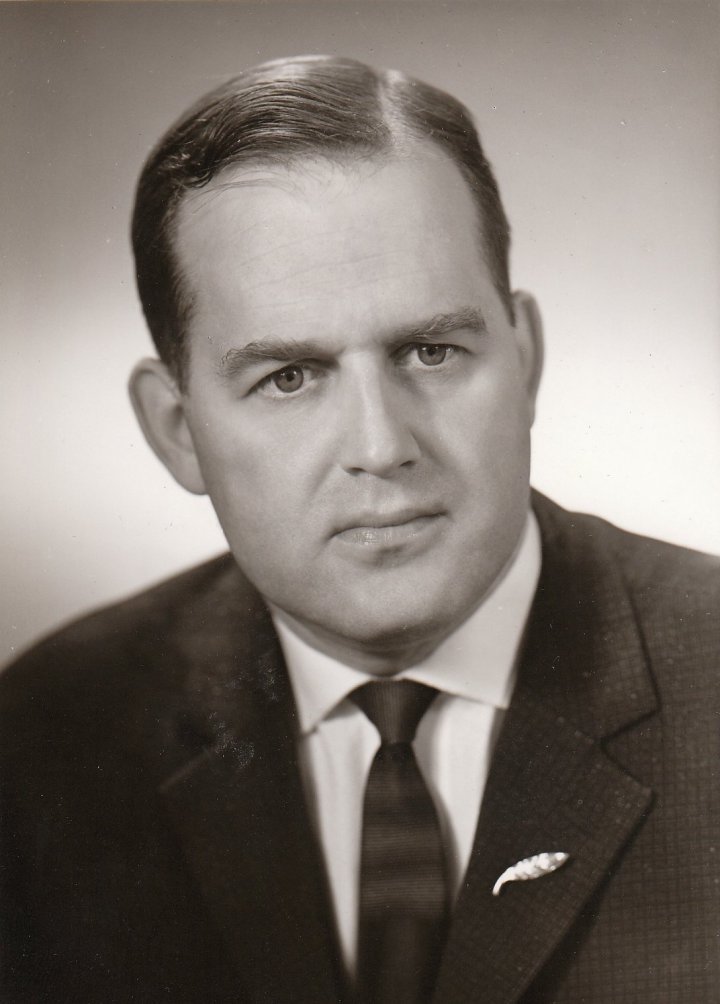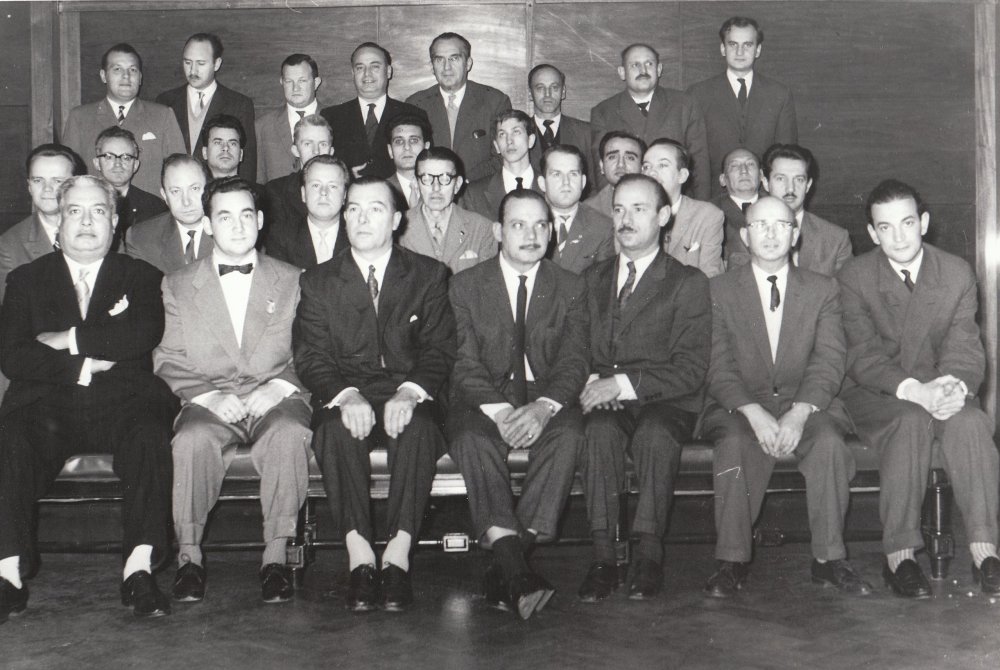


ChessBase 17 - Mega package - Edition 2024
It is the program of choice for anyone who loves the game and wants to know more about it. Start your personal success story with ChessBase and enjoy the game even more.
Wolfgang Unzicker (1925-2006) was one of the best German players after the war. However, he was not a chess professional. As a lawyer, he worked in the government of Upper Bavaria, and in 1971 he became a judge at the Munich Administrative Court.
Unzicker won the German championship six times between 1948 and 1965. From 1950 to 1982, he played in 13 Chess Olympiads in the German national team. In 1950 and 1964 he won the bronze medal with the team, and in 1950 the individual gold medal for the best performance on board 1. He also played five times with the German national team in European Team Championships.
How I became World Champion Vol.1 1973-1985
Garry Kasparov's rise to the top was meteoric and at his very first attempt he managed to become World Champion, the youngest of all time. In over six hours of video, he gives a first hand account of crucial events from recent chess history, you can improve your chess understanding and enjoy explanations and comments from a unique and outstanding personality on and off the chess board.
Despite being an amateur, Unzicker took part in top international tournaments and was also very successful in them. For example, he came fourth in the 2nd Piatigorsky Cup in 1966 and left numerous world-class players behind him, including world champion Tigran Petrosian.

Wolfgang Unzicker 1960 | Photo: http://www.wolfgang-unzicker.de/
In 1960, Unzicker was invited to the International Grandmaster Tournament in Buenos Aires with many other players of the world’s elite. After the 1939 Chess Olympiad, many European players had stayed in Argentina because of the start of the Second World War, which thus became one of the leading chess nations. Mieczysław (Miguel) Najdorf was the best known of them. But the Austrian Erich Eliskases, who had played for the Greater German Empire team in 1939, had also not returned home from Argentina.
Eliskases was one of the players who represented the host country at the tournament in Buenos Aires. In addition, the Argentines Bernardo Wexler, who emigrated from Romania with his family when he was seven years old, Carlos Guimard, Hector Rossetto and Alberto Foguelman also played. The Argentinian organisers had invited Mark Taimanov and Viktor Korchnoi from the Soviet Union. The United States was represented by Samuel Reshevsky, Pal Benko, who emigrated from Hungary to the USA in 1957, Larry Evans and the young Bobby Fischer, then only 17 years old.
The US prodigy had previously attracted attention with numerous sensational results. In 1958, Fischer had won the US National Championship. He finished sixth in the 1958 Interzonal Tournament in Portoroz and had taken top places in the 1959 tournaments in Mar del Plata and Zurich. As recently as April 1960, he had shared first place with Boris Spassky in another tournament in Mar del Plata, finishing at least two points ahead of the rest of the field.
Many other top players from different countries made it to Buenos Aires. Besides Unzicker, Wolfgang Uhlmann also represented the German colours, albeit decorated with a hammer, a compass and a wreath of wheat.
Master Class Vol.16 - Judit Polgar
In this video course, experts (Pelletier, Marin, Müller and Reeh) examine the games of Judit Polgar. Let them show you which openings Polgar chose to play, where her strength in middlegames were, or how she outplayed her opponents in the endgame.

The participants and organisers of the 1960 tournament in Buenos Aires | Photo: http://www.wolfgang-unzicker.de/
Bobby Fischer was one of the favourites to win the tournament given his previous successes, but he produced a miserable result. He started with draws against Foguelman and Szabo, then won against Rosetto and drew against Ivkov. In round five, Fischer lost to the 47-year-old Eliskases. After a draw against Pachmann, he lost to Wexler in round seven and also to Uhlmann in round eight. There were two more draws against Tajmanov and Reshevksy. Then Fischer faced Unzicker with Black. The game came to a quick, unexpected end.
After this defeat, Fischer was placed 17th (out of 20) with 4 points from 11 games.
Fischer then managed to collect two more wins, but in the last round he also lost to Benko. Fischer finished in 13th place with 8½ points from 19 games. The Buenos Aires tournament was certainly one of the worst tournament performances of Fischer’s career. How could Fischer’s weakness in this tournament be explained?
Much later, the reason for Fischer’s poor form was revealed in Pal Benko’s autobiography, which was co-authored by Jeremy Silman. Fischer’s friend and mentor Larry Evans is said to have introduced Fischer to a young woman before the tournament, who then developed a very intense and time-consuming relationship with the US grandmaster. In the tournament hall, Fischer thus lacked strength and energy and occasionally apparently suffered from a lack of concentration, as could be seen in his game against Unzicker.
Fischer perhaps felt that he had to make up his mind afterwards, as he would later coin the saying, “Chess is better!”
| Advertising |